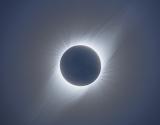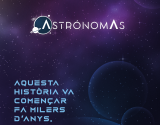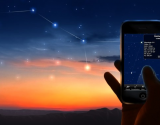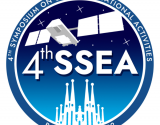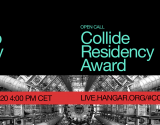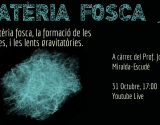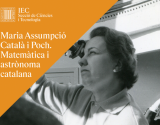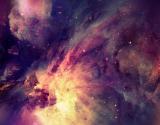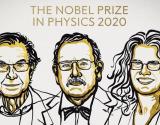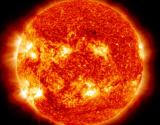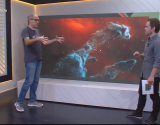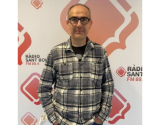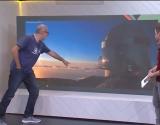FEATURED
AstrónomAs
The new exhibition ‘AstrónomAs’ focuses on women who have dedicated their nights and days to the study of astronomy.
Apps to introduce you to astronomy
Our app selection to introduce you to the world of astronomy are:
Calendar of activities
Dark matter, the formation of galaxies, and gravitational lenses
The existence of dark matter in the Universe has been corroborated by a great diversity of observations.
Roundtable: Maria Assumpció Català i Poch – Catalan Mathematician and Astronomer
On Monday, September 15, 2025, at 7:00 PM, a roundtable dedicated to the figure of Maria Assumpció Català i Poch, a Catalan mathematician and astronomer, will take place at the Pere i Joan Coromine
Featured Materials
Virgo and LIGO, hunting for gravitational waves
Hector Gil on the largest 3D map of the Universe
Roberto Emparan talks about the winners of the Nobel Prize in Physics 2020
News
Can stars be bought? In "Aquí Catalunya", SER Catalunya
Can you buy the Sun or the stars? In the program "Aquí Catalunya", of the SER Catalunya radio channel we discussed this topic, interviewing the astronomer Josep Manel Carrasco, from the Institute of Cosmos Sciences of the University of Barcelona.
Listen to his participation here:
Interstellar nebulae and the life of the stars at the Fet a Mida TV program
The astronomer and researcher of the Institute of Cosmos Sciences of the UB Josep Manel Carrasco (@Miralcel) shows us some of the interstellar nebulae observed by the Hubble telescope to explain the life of a star.
You can see his participation here from minute 39:50:
Josep Manel Carrasco tells us about DART and Artemis on Ràdio Sant Boi
The ICCUB astronomer Josep Manel Carrasco appeared on the "La República Santboiana" program on October 26, 2022 to talk about the Artemis program to return to the Moon and about the DART mission, which has been able to successfully divert the orbit of the asteroid Dimorphos around its larger asteroid companion Didymos, with the impact of the DART Spaceship.
What does an astronomer do nowadays?
When we think of astronomy, we can imagine things like long nights, big telescopes and observations of planets and stars, but is this really the job of an astronomer these days?
